Day 8: God of Second Chances
BY ANNA ROBERTSON | March 9, 2022
Today’s Readings
Forty more days and Nineveh shall be destroyed.
A recently released report from the Intergovernmental Panel on Climate Change underscored the grave and existential threat posed by climate change and emphasized that the actions we take in this decade will be key to the future viability of life on Earth. We must rapidly transition away from fossil fuels to preserve a livable planet for current and future generations; each day that we fail to change course puts the possibility of a thriving future further out of reach.
Forty days for Nineveh, ten years for planet Earth.
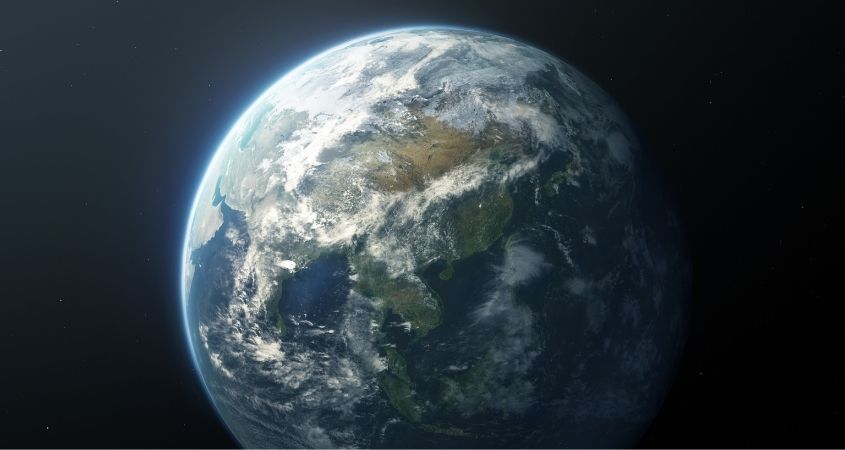
I don’t believe that God wills the climate crisis as punishment for human wrongdoing, but neither does it seem that God intervenes to spare us the consequences of our choices. To do so would be to negate our free will. In the case of the climate crisis, the choices of a few—namely, fossil fuel companies who for decades have knowingly covered up the grave threat posed by emissions and, to a lesser extent, those of us whose consumer lifestyles have maintained demand for fossil fuels—have outsized consequences for the many. The poorest of the poor have been impacted first, but none of us will be altogether spared.
Today’s readings, however, are about second chances. We are not beyond redemption; all hope is not lost. Where the first reading picks up, Jonah himself has just been given a second chance after initially fleeing the call to deliver God’s warning to the Ninevites. Upon hearing Jonah’s admonishment, all of Nineveh hastens to repent, and they are spared destruction. Today we are replete with warnings, and our forty days are not yet up.
In the Psalm, we pray, “A heart contrite and humbled, O God, you will not spurn.” The word “humbled” derives from “humus,” the organic matter in soil. To be humbled is to be of the earth. Today, may we remember that we are of the earth, and that to live otherwise is to hasten our own destruction. Where we are called to repent of our pillaging of the earth, may we make like the Ninevites and “turn from [our] evil way and from the violence [we have] in hand.” Where we are called to join our voices to the Jonahs of today, may our prophetic cries reverberate within the halls of power.
To the God of second chances, we pray: have mercy on us.
For Reflection:
- How are you being called to humility—to remember that we are of the earth?
- Where can you join your voice to the Jonahs of today, to challenge the injustice that intensifies the climate crisis?
Anna Robertson is director of youth and young adult mobilization for Catholic Climate Covenant. She is a writer, musician, yoga aficionado, and outdoor enthusiast with a passion for supporting the emergence of the widespread ecological conversion of hearts called for by Pope Francis in Laudato Si’. Prior to her current role, Anna has planned retreats in college campus ministry, supported families of women experiencing incarceration, studied collective memory in El Salvador, and accompanied college students on international immersion experiences in Latin America. She has her master of theological studies degree from the Boston College School of Theology and Ministry.

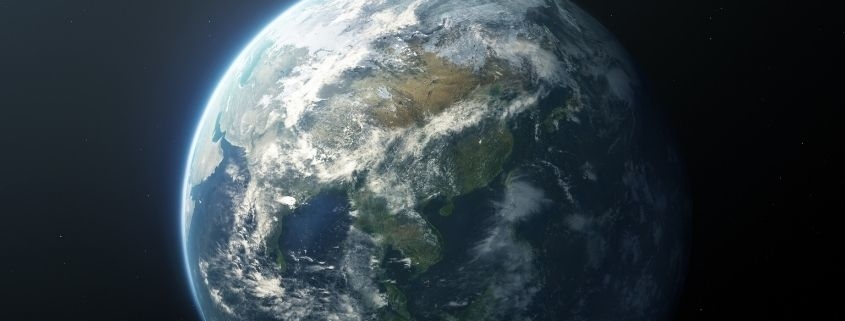
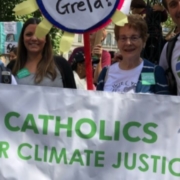
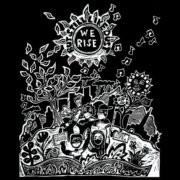
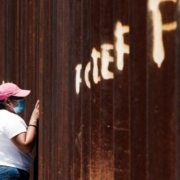

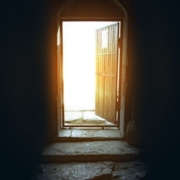
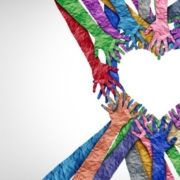

Thank you to all the contributors thus far to this Lenten series for giving context, hope and action items for the ills that trouble us.
Humility is a hard concept/desire to pin down. We can see that we need to be of the earth by the call of the planet for some kind of reconciliation, yet it is a difficult virtue as it takes change and yes transformation. In the past we were ardent consumerist and through the storms and trials of the universe we realize we need to change. Individually we need to change but even more so we need this transformation with the help of all those committed to God’s word. We need to go to God together and in humility lay down the transformations that will assist us in being better stewards of the earth.
I have had many second chances in my life. I am grateful for all of them. But I now need to extend that mercy to others whom I have judged harshly. People who hold different values especially as it relates to saving Mother Earth. I am working with others in educating people on climate change and praying we can save this beautiful world. Pray for peace ✌️ in Ukraine. The utter destruction of people and land is truly heartbreaking.
Trying to recognize and avoid consumerism in my own lifestyle has helped enormously. I am learning that less really is more. Less stuff – more peace and more gratitude. Unless we take individual responsibility, we can’t expect others to fix over-consumption.
If the church is so concerned with caring for the Earth and following Laudato Si, why did it dismiss out of hand human composting as an alternative to using up precious land with cemeteries? Rising oceans are making coastal cemeteries untenable, torrential rains and floods have literally floated coffins out of the ground. If the soul leaves the body upon death and the body is treated with respect, why can’t this be a more environmentally-friendly alternative to burial or cremation?
Avoid the tempting philosophy that says rescue of Ukraine is evil because other rescues haven’t happened. That’s as blood-drenched a philosophy as ancient human sacrifice and other vast mis-steps into cruelty toward whoever is convenient. These times need all efforts, big and little, against a chaotic convergence of today’s destructions/bureaucratizings/brutalizings,, big and little. Prayer for SpaceShip Earth today may start: “Houston, we have a problem”.
Thanks Anna Robertson for these thoughts. Mother Earth needs tender care, love, and respect.
We can all do our bit to protect and nurture Mother Earth. I own no land. I have no fixed abode. But I travel with my garden – bins of earth growing fresh greens to eat, a small compost bin – my worm farm and three baby trees in my car. I work outdoors either on farms or in horticulture, contributing to putting food on the table for others. Thank you America for Ambrosia.